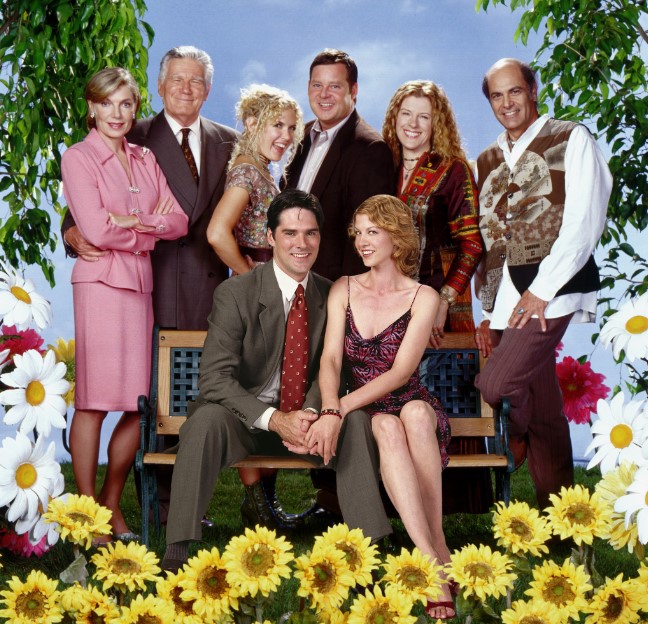According to GLAAD, an advocacy organization, Twitter is the most hazardous social media network for LGBTQ users. Because they experience hate speech and abuse on the Twitter site.
GLAAD (the Gay and Lesbian Alliance Against Defamation) was created in 1985 with the goal of campaigning for and encouraging positive depictions of lesbian, gay, bisexual, transgender, and queer (LGBTQ) people in media and entertainment. Through different programs and campaigns, GLAAD seeks to eliminate homophobia, discrimination, and stereotypes.
GLAAD scored Facebook, Instagram, TikTok, YouTube, and Twitter low marks in its annual Social Media Safety Index, which was issued on Thursday, June 15, for ignoring enough to keep their users safe, particularly those who are transgender, non-binary, or gender non-conforming. However, Twitter is the worst.
LGBTQ campaigners have frequently cautioned that online bullying and harassment may develop into real-life violence. Also, online abuse can have a negative impact on a person's mental health.
"There isn't a week that goes by that we don't have a doxxing situation for somebody in our community that we have to come in and help them stop it and stop the hate, stop the vitriol, and stop the attacks. It's been amplified to an extent we've never seen before," said GLAAD CEO and President Sarah Kate Ellis. She pointed out that the wrongful practice of collecting confidential or pinpointing information and posting it online without the person's permission is rising. The aims of such actions are usually an attempt to harass, threaten, shame, or exact revenge.
Why is Twitter the most dangerous platform for LGBTQ people?
According to GLAAD's scorecard, Twitter is "the most dangerous platform for LGBTQ people" and the only one whose rankings dropped from last year. According to different advocacy groups, attacks on LGBTQ users on Twitter have escalated significantly since Elon Musk took over the firm. Musk's notable staffing reduction is considered the main cause. After Musk took over the firm, Twitter's communications staff was eliminated, and all inquiries to the press office were only met with an automated response of a poop emoji. It was the Associated Press's experience when they tried to reach out to Twitter for a response.
As a result of Twitter's staff reduction, there just aren't enough content monitors to deal with the influx of problematic tweets, which vary from sexist comments to graphic material and harassment. For example, in April, Twitter secretly eliminated a guideline prohibiting "targeted misgendering or deadnaming of transgender individuals," increasing fears that Twitter is becoming less secure for underrepresented groups. Twitter updated how it responds to tweets as part of the same restructuring of its site standards. Previously, offensive tweets were erased; however, the business now says it will sometimes limit a tweet rather than eliminate it entirely from the site. Musk has frequently communicated with far-right figures and disseminated false information to his 143 million followers.
Musk keeps saying in tweets and public statements that he supports free speech and refers to himself as a "free speech absolutist" who believes Twitter's previous policies were too restrictive and wants to turn Twitter into a "digital town square" where people with opposing viewpoints can discuss freely. Linda Yaccarino, the company's newly appointed CEO, recently tweeted that "you should have the freedom to speak your mind." We should all." Before Elon Musk's acquisition, Twitter was the best among huge social media companies in terms of protecting LGBTQ users, according to Ellis. "Twitter is now largely a cesspool." It is impossible to post without being assaulted. There is no room for discussion. "It's just hand-to-hand combat," Ellis explained.
Tiktok, Meta, and YouTube are better than Twitter in keeping LGBTQ users safe
GLAAD's index assesses 12 LGBTQ-specific indicators, such as specific safeguards from hate and harassment for LGBTQ users, the availability of gender pronoun alternatives on profiles, and the prohibition of advertising that is damaging or discriminatory to LGBTQ persons.
Meta, which owns Facebook and Instagram, experienced a 15-point boost in both sites' scores, reaching 61% and 63%, respectively. While Meta has made improvements by implementing strong regulations, GLAAD claims that the firm does not regularly enforce them. For example, the organization claims that for many abusive messages it reports, Meta will send an automated response indicating that it is unable to review the post owing to the enormous volume of reports it gets.
-1687238684.jpg)
Meta stated that it collaborates with "civil society organizations around the world in our work to design policies and create tools that foster a safe online environment," especially LGBTQ safety and advocacy groups. GLAAD raises TikTok's scores to 57%. Also, TikTok expressed that it is "proud to have strong policies aimed at protecting LGBTQ and individuals from harassment and hate speech, involving misgendering and deadnaming, and we're always looking to strengthen our approach, informed both by our community and the advice of experts, such as GLAAD." Meanwhile, Google's YouTube earned 54%, a nine-point increase from 2022.
"Content that promotes violence or hatred against members of the LGBTQ+ community is prohibited by our policies." "We've made significant progress in our ability to quickly remove this content from our platform and prominently surface authoritative sources in search results and recommendations over the last few years," stated spokesperson Jack Malon.


